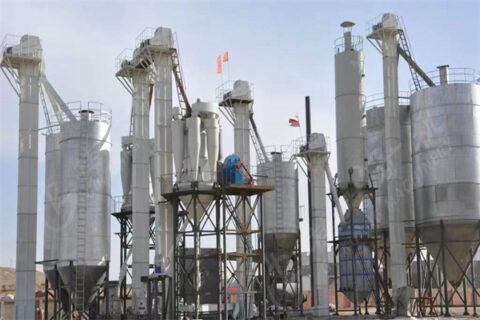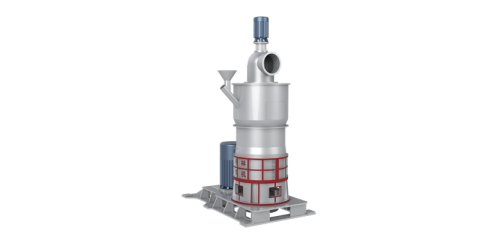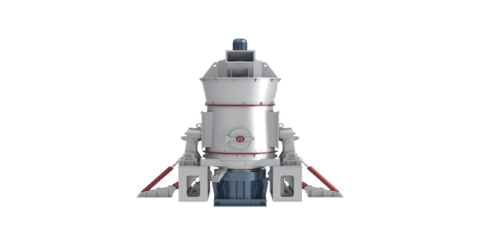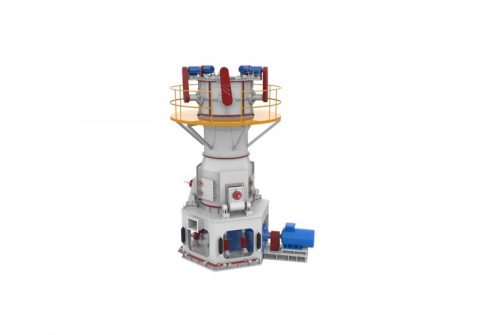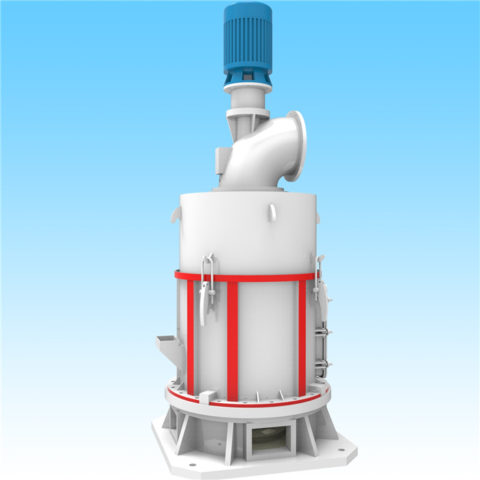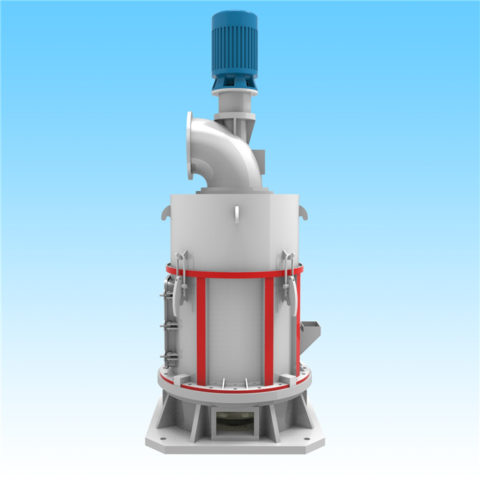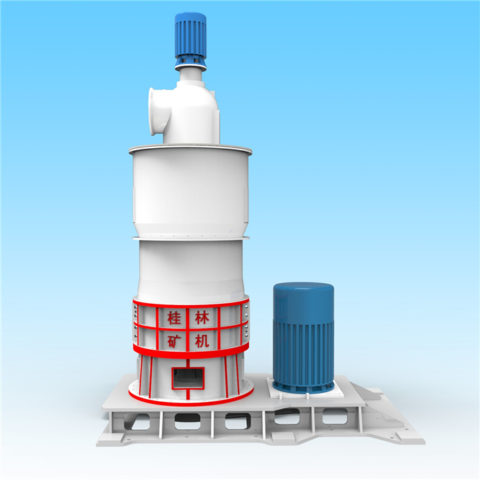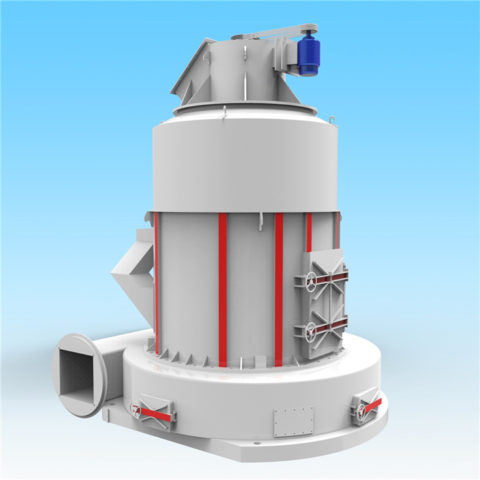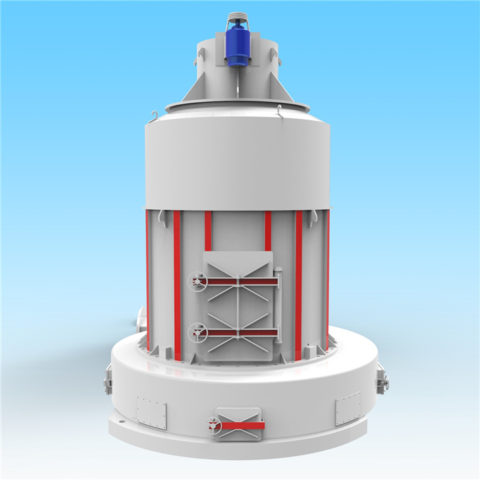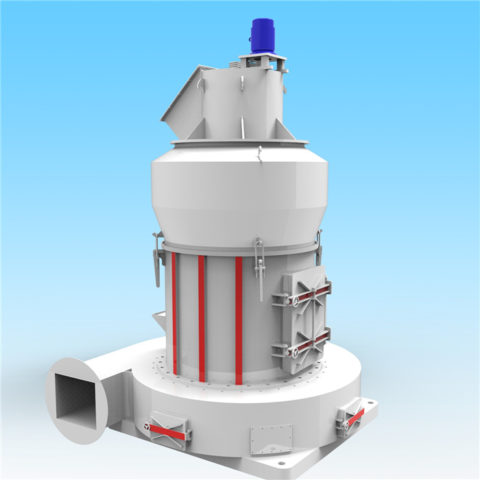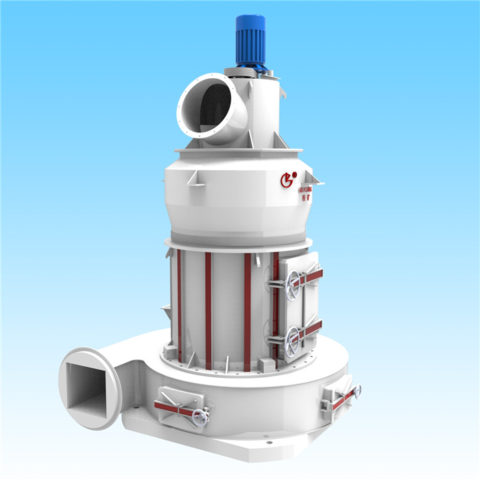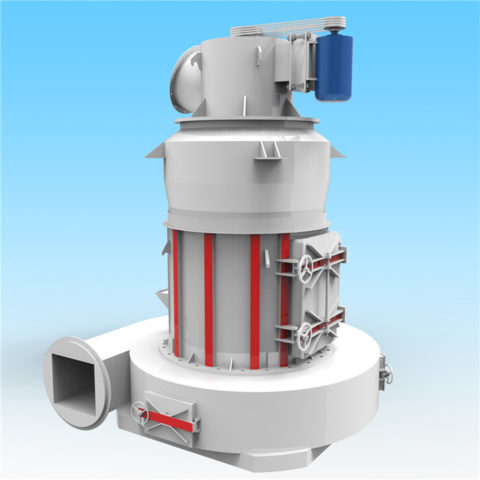Bentonite is the most developed and utilized mineral among non-metallic minerals. It has been widely used in oil mining, directional crossing, steel casting, metallurgical pellets, chemical coatings, compound fertilizers, sizing, rubber, plastics, papermaking, water purification, and absorption. Tide agents, pesticides and other fields. Among them, the following six major areas account for a high proportion:
1. Drilling project
At present, bentonite is used as a drilling mud material, accounting for about 18% of the entire bentonite industry. Practice has proved that the pulping performance of low-grade calcium bentonite is far inferior to that of sodium bentonite. Therefore, before using bentonite for pulping in China, artificial sodium treatment will be carried out. At the same time, appropriate synergists and appropriate dosages will be selected to reasonably improve the content of bentonite. The content of montmorillonite can achieve the purpose of improving pulping performance. In actual application, the thixotropy of bentonite causes equipment to be easily clogged and increases maintenance and management troubles.
2. Wastewater treatment
Powdered bentonite has become a high-quality mineral material for wastewater treatment due to its large specific surface area, excellent adsorption performance and ion exchange performance. Theoretically, powdered bentonite should have better adsorption effect, but due to its water-absorbing swelling and cohesiveness, the silt will stick and agglomerate, significantly reducing the adsorption effect and producing secondary sludge. In actual applications, powdered bentonite is made into a certain shape for easy recycling and utilization: it is prepared into pellets with the help of the cross-linking effect of sodium alginate and calcium chloride solution; it is prepared into strips with the help of extrusion equipment; with the help of 3D Printing technology uses bentonite as the printing material to make honeycomb-type adsorption bricks. At the same time, the strength of the formed soil should be ensured for transportation and application.
3. Metallurgical engineering
Bentonite has good dispersion, suspension and cohesiveness, and is widely used in the production of pellets, the raw material for blast furnace ironmaking. Bentonite used as a pellet binder can optimize the performance of pellets and the bonding force between green pellet particles, accelerate the formation and growth of pellets and store the moisture inside the pellets, and can significantly improve the drop strength and resistance of green pellets. Compressive strength, burst temperature and dry ball compressive strength. However, a large amount of impurities such as Si and Al are also introduced, which reduces the pellet grade. Therefore, using high-quality and efficient bentonite and reducing the dosage of bentonite in metallurgical engineering is the key to producing high-quality pellets.
4. Construction and building materials
Bentonite can absorb water many times its own weight, so that its volume expands to several times or even dozens of times its original volume. After absorbing water to a certain extent, bentonite is equivalent to a colloid and has the property of repelling water. Use this characteristic , bentonite can be used in waterproofing materials. Typical examples are bentonite waterproofing blankets, lightweight wall materials, impregnated coatings, and landfill barrier materials.
5. Agriculture, forestry and animal husbandry
Bentonite is used as a soil conditioner in agriculture and forestry. Bentonite can reduce the flushing out of agricultural fertilizers by water, improve the storage capacity of agricultural fertilizers and water, thereby improving soil and increasing crop yields. When bentonite is mixed with fertilizer, bentonite also has the effect of extending the effectiveness of the fertilizer.
Bentonite is used in animal husbandry as a feed additive, which can slow down the passage of feed in the gastrointestinal tract and promote full digestion of feed by livestock and poultry to achieve the highest nutrient intake rate.
6. Pharmaceutical and food processing industry
Bentonite has good water absorption, suspension, dispersion, cohesiveness and thixotropy, and is used as a preparation excipient and pharmaceutical carrier in the pharmaceutical industry. Bentonite has the dual functions of adsorption and bacteriostasis or sterilization, and is clinically used as a medicine to treat diarrhea and digestive tract ulcers; adding bentonite to some ointments or pastes can effectively thicken it; because bentonite has good adsorption Because of its properties, it is often used as a drug carrier to make the drug work in the human body for a long time and stably. In short, bentonite has great potential for medicinal use.
Bentonite has good adsorption and ion exchange properties and is widely used in the food industry. When refining animal and vegetable oils, the acidified bentonite has enhanced adsorption capacity, which can effectively remove impurities and decolorize animal and vegetable oils; adding bentonite during the brewing process of wine can clarify and stabilize the brewing process; Bentonite is used in the processing and refining of daily condiments (vinegar, monosodium glutamate, soy sauce, etc.). It can effectively remove impurities or clarify, and even improve the nutritional value of condiments.
Domestic bentonite resources are abundant and it is used in many fields because of its many excellent properties. However, the properties of bentonite in different regions vary greatly, resulting in large differences in bentonite processing and application. At present, our bentonite manufacturing and processing enterprises generally have problems such as small scale, relatively backward technology, unstable product quality, and low resource utilization. Further research on new ways of applying bentonite and new processing technologies should be given to bentonite for the development of high-end bentonite products. New use value is particularly urgent and important.

